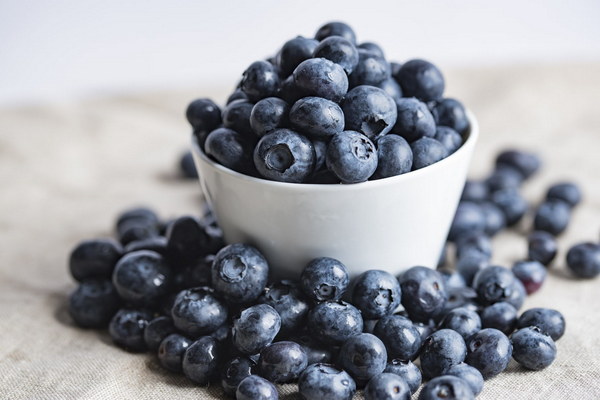Which is Better for Nourishing the Liver and Kidneys Cinnamon or Cassia Bark
In traditional Chinese medicine, both cinnamon and cassia bark are commonly used to nourish the liver and kidneys. However, many people wonder which one is more effective. This article will explore the differences between cinnamon and cassia bark and discuss their respective benefits in nourishing the liver and kidneys.
Firstly, let's take a look at cinnamon. Cinnamon is derived from the bark of the cinnamon tree and has a sweet, aromatic flavor. It is believed to have a warm nature and is often used to tonify the spleen, stomach, and kidneys. In traditional Chinese medicine, cinnamon is considered to be a warm herb, which means it can help to dispel cold and invigorate the body's vital energy, known as Qi.
As for cinnamon's benefits in nourishing the liver and kidneys, it is believed to help with conditions such as fatigue, weakness, and cold limbs. It can also aid in improving blood circulation and reducing pain in the joints and muscles. Moreover, cinnamon is known to enhance the body's ability to absorb nutrients, which can be beneficial for individuals with poor digestion or those who are underweight.
On the other hand, cassia bark is derived from the cassia tree and is often used as a substitute for cinnamon in some regions. Cassia bark has a similar flavor and aroma to cinnamon but is stronger and more pungent. It is also believed to have a warm nature and is often used to tonify the kidneys and strengthen the body's overall constitution.
In terms of nourishing the liver and kidneys, cassia bark is considered to be more potent than cinnamon. It is believed to be effective in treating kidney weakness, impotence, and infertility. Cassia bark is also thought to help with conditions such as urinary tract infections, kidney stones, and edema. Furthermore, it can aid in reducing fatigue and improving overall energy levels.
While both cinnamon and cassia bark are beneficial for nourishing the liver and kidneys, there are some key differences between the two:

1. Potency: Cassia bark is generally considered to be more potent than cinnamon, making it a better choice for individuals with more severe liver and kidney issues.
2. Flavor: Cassia bark has a stronger, more pungent flavor compared to cinnamon, which may not be as appealing to some people.
3. Usage: Cinnamon is often used in cooking and as a spice, while cassia bark is more commonly used in traditional Chinese medicine formulas.
In conclusion, both cinnamon and cassia bark offer benefits in nourishing the liver and kidneys. However, the choice between the two depends on individual needs and preferences. If you are looking for a more potent herb to address severe liver and kidney issues, cassia bark may be the better option. On the other hand, if you prefer a milder flavor and are interested in using cinnamon for its culinary applications, it can still provide significant benefits.
It is important to note that while cinnamon and cassia bark have been used in traditional Chinese medicine for centuries, it is always recommended to consult with a healthcare professional before starting any new supplement or treatment. This ensures that the chosen herb is appropriate for your specific health needs and does not interact negatively with any other medications or health conditions you may have.









